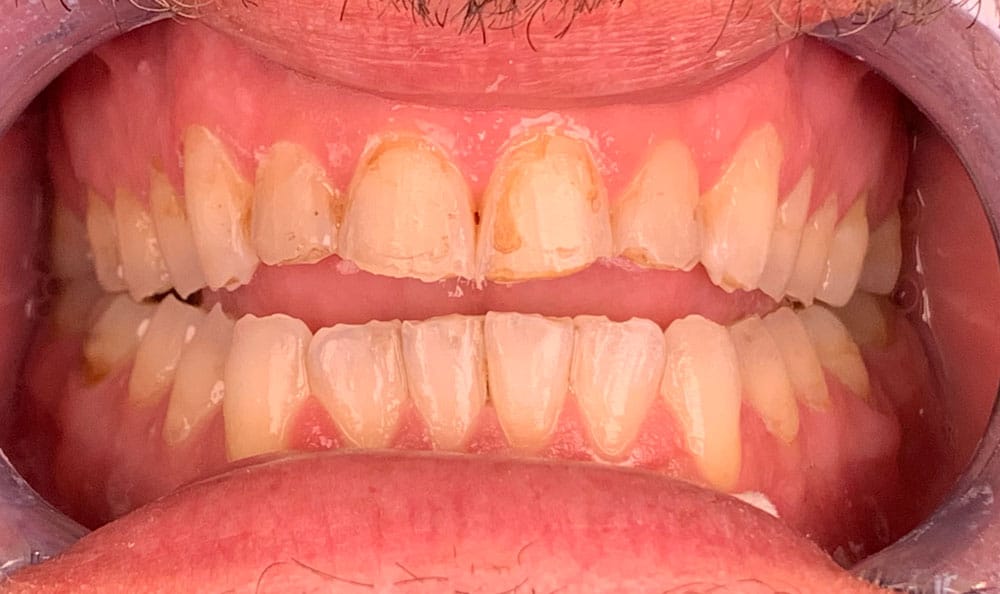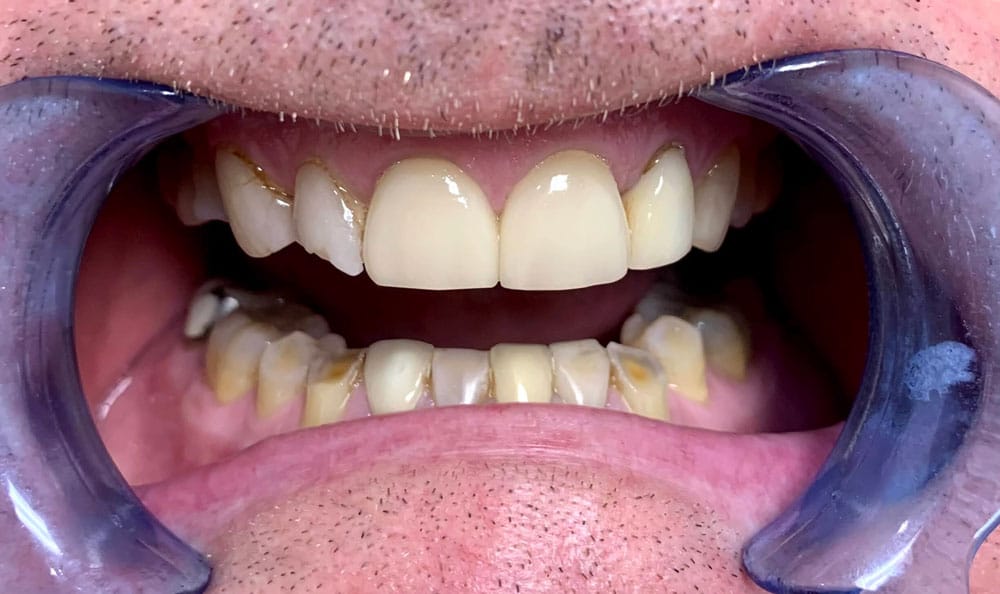A denture is a detachable prosthesis used to replace lost teeth and surrounding tissue. There are two varieties of dentures available: full and partial. Complete dentures are utilized when all-natural teeth are lost; partial dentures are operated when some birth teeth are still present. If you need more information about dentures, you must visit dentures near me.
Whole Dentures
There are two complete dentures: "conventional" and "immediate." A traditional denture is designed for insertion into the mouth eight to twelve weeks following the extraction of teeth and the start of the healing process of the gum tissue.
Partial Denture
A removable partial denture or bridge often consists of artificial teeth attached to a gum- or pink-coloured plastic base. Occasionally, a metal framework that holds the denture in place in the mouth connects the base with the denture. Partial dentures are used in the upper or lower jaw when one or more natural teeth remain.

How Do Dentures Get Made?
Completing the denture development procedure takes a few weeks and multiple appointments. Following their determination of the optimal appliance for you, your dentist or prosthodontist (a dentist who specializes in tooth restoration and replacement) will often take the following actions:
- Models, wax forms, and plastic patterns should be constructed precisely in the size and location of the denture that will be made.
- Measure the distance between your jaws and how your jaws relate to each other by taking a series of impressions of your jaw.
- Put in the last denture.
- Changes will be made as needed.
Will Wearing Dentures Affect My Appearance?
Since dentures are designed to mimic your natural teeth closely, you shouldn't notice much of a change in look. Dentures may enhance the appearance of your grin and add volume to your face.
What's the Feel of New Dentures?
For a few weeks after you become used to taking them in and out, your new dentures may feel a little loose or strange until your cheek and tongue muscles remember to hold them in place.
Furthermore, it's common to experience minor soreness or irritation when wearing dentures for the first time, along with increased saliva flow; these problems will subside as the mouth adjusts.
Will Eating Be Difficult with New Dentures?
Eating with new dentures will take some getting used to, and users may feel uncomfortable for a few weeks. Start with soft meals that have been chopped into little pieces to let your body adjust to the new denture. Using both sides of your mouth, chew slowly. Add additional meals as you adapt to your new dentures, and eventually resume eating a regular diet. Many of the issues traditional dentures create can be avoided with flexible dentures.

How much are dentures cost?
The process of making dentures, the supplies needed to make them, and the dentist making them will all greatly influence the total cost. The dentures' quality determines the price range. Denture insurance often covers dentures, depending on your plan type.
Exist Any Remedies for Dentures?
Indeed, cemented bridges supported by dental implants can do away with the necessity for a denture. Although they are typically more expensive, bridges and implants feel like natural teeth. Dental implants are gradually replacing dentures. However, only some are good candidates for implants.
In summary
Losing teeth affects daily activities, including speaking and eating. Teeth replacement is essential for maintaining long-term dental health. Removable appliances, known as dentures, improve dental function and health. Speak with your dentist to learn more about affordable dentures and treatments that suit you.